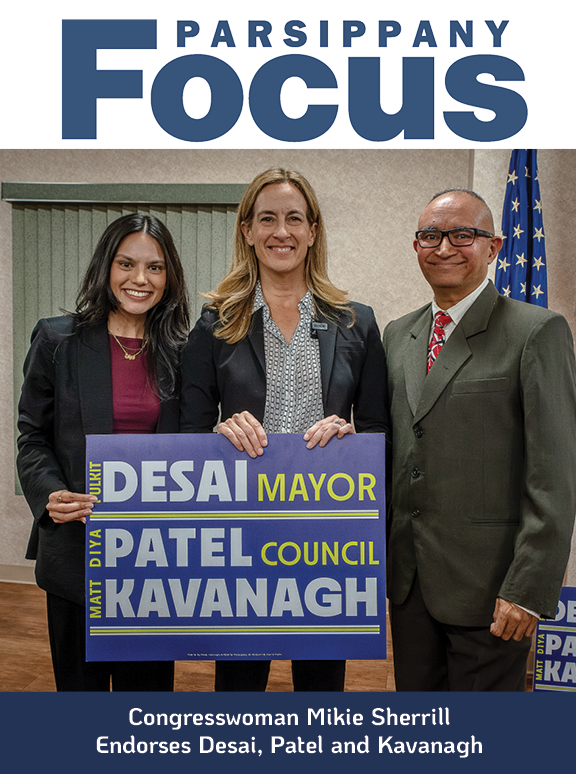MORRIS COUNTY — Today, Independence Day, when we celebrate the separation of the 13 Colonies from the tyranny of British rule, it seems sensible to reflect on both past and present. Out of this separation, we arrived at a Constitution of the United States and Constitution of individual States. These Constitutions defined the rights of the people as ultimate and limited the representatives of the people to such powers as granted by the people and their representatives.
The following words and phrases as used in this act shall have the following meanings:
- “Disaster” shall mean any unusual incident resulting from natural or unnatural causes which endangers the health, safety or resources of the residents of one or more municipalities of the State, and which is or may become too large in scope or unusual in type to be handled in its entirety by regular municipal operating services.
- “Local disaster emergency” shall mean and include any disaster, or the imminence thereof, resulting from natural or unnatural causes other than enemy attack and limited to the extent that action by the Governor under this act is not required.
- “War emergency” shall mean and include any disaster occurring anywhere within the State as the result of enemy attack or the imminent danger thereof.
- “Emergency” shall mean and include “disaster” and “war emergency” as above in this section defined.
The Governor has also pointed to the “Emergency Health Powers Act”, enacted by the Legislature in 2005, as giving him the authority to usurp total and unilateral control of the State and all law enforcement bodies therein. Under the Act, “Public health emergency” means an occurrence or imminent threat of an occurrence that: a. is caused or is reasonably believed to be caused by any of the following: (1) bioterrorism or an accidental release of one or more biological agents; (2) the appearance of a novel or previously controlled or eradicated biological agent; (3) a natural disaster; (4) a chemical attack or accidental release of toxic chemicals; or (5) a nuclear attack or nuclear accident; and b. poses a high probability of any of the following harms: (1) a large number of deaths, illness or injury in the affected population; (2) a large number of serious or long-term impairments in the affected population; or (3) exposure to a biological agent or chemical that poses a significant risk of substantial future harm to a large number of people in the affected population.
In the event of any of the above, pursuant to paragraph 3(a) “The Governor, in consultation with the commissioner and the Director of the State Office of Emergency Management, may declare a public health emergency. In declaring a public health emergency, the Governor shall issue an order that specifies: (1) the nature of the public health emergency; (2) the geographic area subject to the declaration; (3) the conditions that have brought about the public health emergency to the extent known; and (4) the expected duration of the state of a public health emergency, if less than 30 days. Such order may also prescribe necessary actions or countermeasures to protect the public’s health.”
According to paragraph 3(b) “Any public health emergency declared pursuant to this act shall be terminated automatically after 30 days unless renewed by the Governor under the same standards and procedures set forth in subsection a”, which no longer appears to exist, nor have existed for some appreciable time, according to the definitions set forth within the Act, to the degree necessary to vest the Governor with temporary absolute power under the Act.
Rather than concluding, I choose the readers of this post to decide whether their rights are being illegally usurped or whether they believe that the Governor is justified in exercising absolute control over your lives, for a period of three and one-half months, during which he has continually raised the bar for the recission of his personal absolute power and during which many citizens of the State of New Jersey, for different reasons and in different ways, have been subjectively disenfranchised of their rights pursuant to our Constitution.













